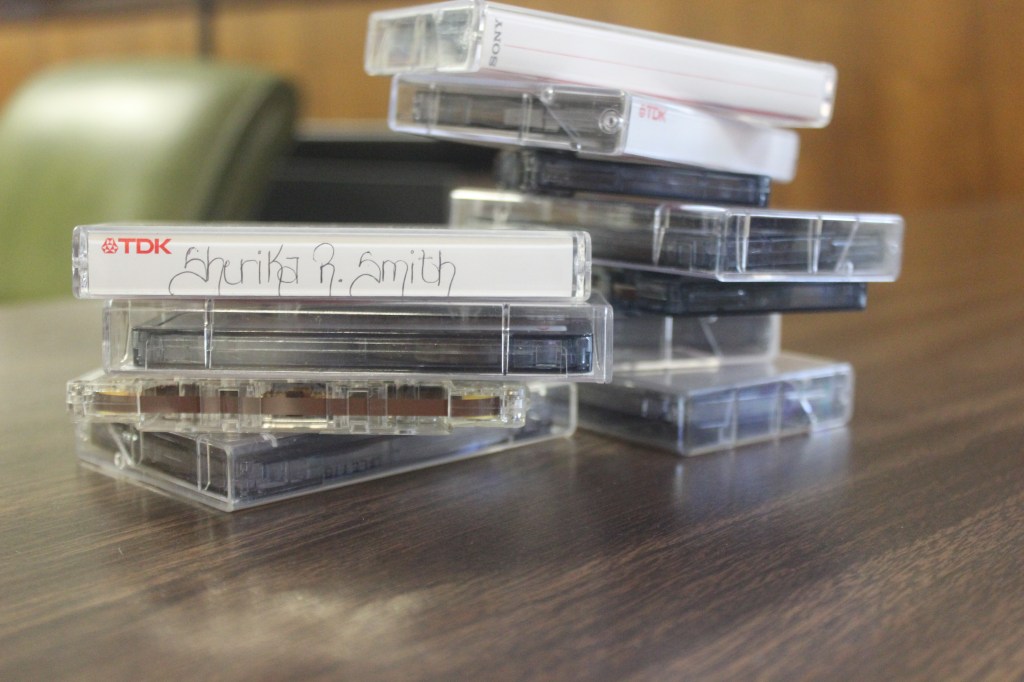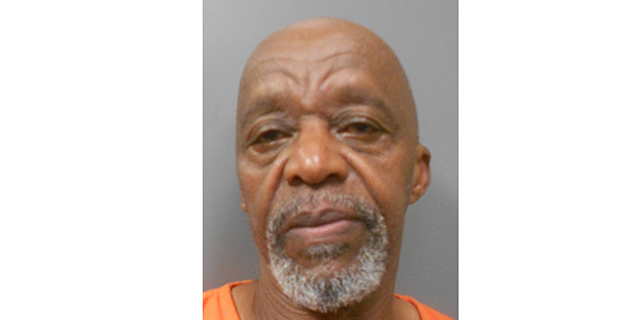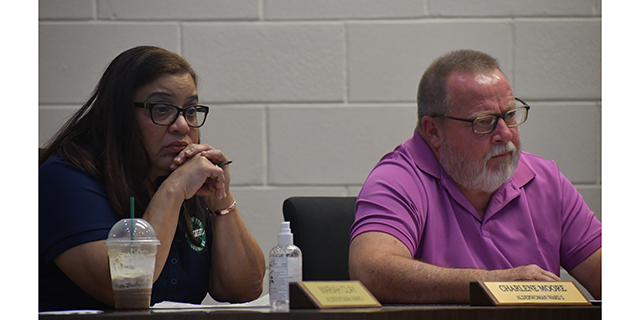Telling the other side: Lost tapes from Iberia Parish School being unearthed
Published 2:00 am Monday, December 5, 2022

- Audio tapes preserved by Shadows-on-the-Teche were digitized thanks to a research project by Breighlynn Polk that will be exhibited to the public this month.
From 1992 to 2007, the Iberia Parish School District had conducted a class on oral traditions that required students to interview older people in the community.
By the end of 2007, when the district stopped offering the class, the simple class requirement had become a treasure of information detailing the lives of people who had lived in the Great Depression, World War II and other historical events in Iberia Parish.
New Iberia native Breighlynn Polk has spend the past year deep in those archives to bring out those oral histories.
As a graduate student in Georgia, Polk had worked in oral interviews in her undergraduate career. At the beginning of this year, she reached out to Shadows-on-the-Teche to see if there was any work she could conduct on-site.
“I just put an inquiry online about what I wanted, and Jayd (Buteaux) reached out and said there was this digitization project and these oral history tapes,” Polk said.
Polk was surprised that she had never heard about the oral history class offered in the Iberia Parish School District even though she had been educated in Iberia Parish herself.
“There were even people I knew that took the class and they never spoke about it, so it was kind of a new development in my life,” she said.
As part of her work, which also went to her graduate program, Polk has been working at the Shadows listening to hour after hour of the interviews conducted by Iberia Parish students from 1992 to 2007, who were interviewing older people in the community.
Luckily, Polk said most of the interviews were already transcribed by the students, so the only job was to digitize the tapes into audio formats.
“I listened to all of the interviews and tried to see which ones were useful, and I converted all of them,” she said.
The interviews could range between eight minutes and two hours, depending on the year and class of the project. Polk said topics also tended to shift each year depending on the class, but most interviews focused on the lives of the person being interviewed.
“It tended to be about their lives, their education,” Polk said. “There is a lot about desegregation, World War II, the Great Depression, alot of these people were born in the 1910s so they lived through all of it.”
During the course of her project, Polk said there were several interesting finds she discovered.
“I was very interested in how the schools were named between the white schools and the black schools,” she said. “The black schools were named after the parish and white schools were named after the city. There was a systemic divide in the schools which makes me curious to do more research into that to see why.”
Polk said hearing about the miles that people had to walk to school was also a surprise.
“A lot of people lived in areas like Morbihan and Olivier but they had to walk to the city limits on dirt roads and mud roads to get to school, so they were very determined,” Polk said.
The findings of the yearlong project will be displayed in an exhibit to take place on Dec. 10 at 1 p.m. at the Shadows Visitors Center.
Polk said she named the exhibit “The Second Side,” after the common phrase “there are two sides to every story.”
“In most traditional history you dont hear about marginalized communities,” she said. “In New Iberia you have two big marginalized communities with Cajuns and Creoles but we do’nt talk about people who dont identify with either of those.
“I wanted to get that side of the story and the knowledge that was passed on with them. I wanted to let those people be heard with this exhibit.”





